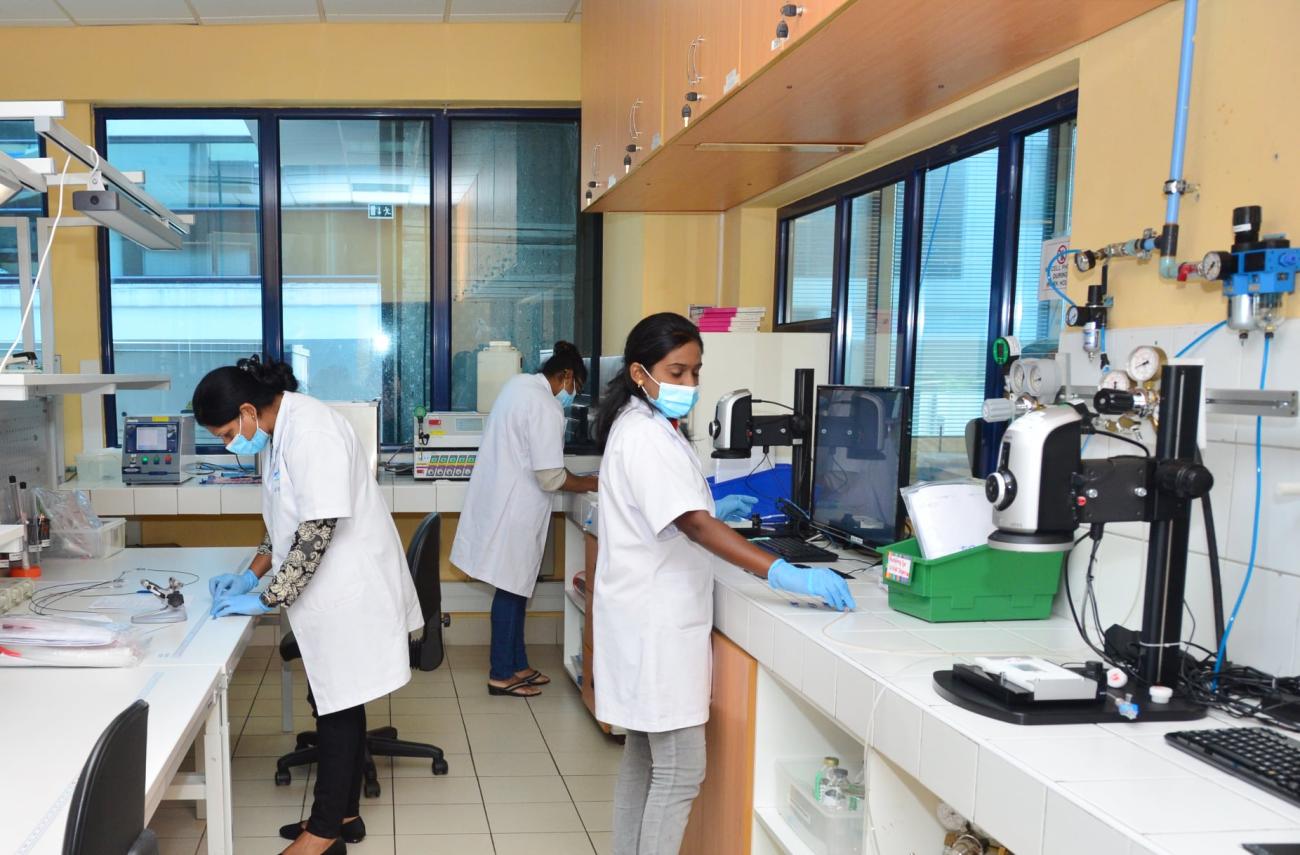Science is a way of building knowledge and generating solutions for everyday life. It helps us solve human, animal and plant diseases, understand water and climate change, and lead us to innovations that make the world a better place. Science must be accessible to everyone across the world, especially to women and girls.
February 11 is an annual recognition and celebration of the International Day of Women and Girls in Science (IDWGIS), a day that reminds us to work towards improving access for women and girls to Science, Technology, Engineering and Mathematics (STEM) education and research, and creating a conducive and favorable environment for female scientists, technologists, engineers, and mathematicians. Despite celebrating the IDWGIS for the past 8 years, UNESCO’s Director General, Ms. Audrey Azoulay reports that just one in three researchers is a woman and only just over 35% of graduates in STEM-related fields in higher education.
And yet, it is clearly acknowledged that increased female participation in science is key to tackling major global challenges such as major diseases, climate change, and natural disasters and developing more equitable, inclusive, effective, and sustainable responses to these threats,
In this year’s statement on the auspices of IDWGIS, UNESCO’s Director General, Ms. Audrey Azoulay has stressed the importance of closing the science gender gap by taking concerted, concrete measures to overcome stereotypes and biases that prevent women and girls from realizing their full potential. Ms. Azoulay reiterated that at:
“UNESCO, where we work to build peace in the minds of men and women, addressing these stereotypes is a priority – because more women in science means better science. This conviction underpins all our work in this domain, and is enshrined in our Recommendation on Open Science, adopted by all our Member States in 2021”.
UNESCO is working to foster equitable and inclusive environments with Partners such as Intel to close the science and digital divide by encouraging girls to pursue science courses by offering them scientific mentorship opportunities in Kenya, Uganda, Tanzania, and Rwanda. Through this initiative, millions of girls will be mentored by women scientists who have broken the glass ceiling and are pioneering scientific breakthroughs in their respective fields.
This year’s International Day of Women and Girls in Science will celebrate the achievements of these women and provide encouragement, support, and opportunities for girls to be engaged in the wealth of scientific fields led by women that will define all our futures. For this to happen, governments need to devise concerted and creative new solutions to enable girls and women to seize new and emerging STEM opportunities in the artificial intelligence and automation age; without them, women will definitely fall further behind in the scientific and technological world of work.
Two of the Winners of the 2022 L'Oréal-UNESCO for Women in Science sub-Saharan Africa Young Talents Awards are women from Mauritius. They have forged successful academic careers in the fields of Science and Technology - Bibi Nausheen JAFFUR, Ph.D. student in Engineering Sciences and Technology – ‘Biopolymer production from plant fibres’ and Bibi Yusra RUHOMALLY, Ph.D. student in Formal Sciences – ‘Modelling illicit drug use dynamics using NERA model’. Their achievements in these areas can serve to encourage more girls to take up STEM subjects and careers.





